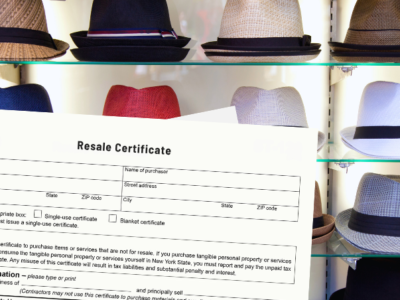
There are several factors to consider before starting your small business. Continue reading this article for a list of aspects in no particular order because each element has its level of importance.
First Factor: Market Analysis
It’s essential to determine whether or not there is a demand for the services/products you plan on offering when beginning your small business venture. Carrying out a market analysis will help you understand your target market, their needs and wants, and how best to reach them.
Second Factor: Financing
One of the most important aspects of starting any business is securing adequate financing. This includes having enough money to cover your initial costs and obtaining loans and other funding opportunities.
Third Factor: Business Plan
Every small business should have a solid business plan that outlines the company’s mission, objectives, and strategies for achieving its goals. Your written plan will help guide you as you navigate through your startup phase. It is also beneficial to post it on your website so potential customers can see what you plan on doing with their business.
Fourth Factor: Location
The location of your small business is critical to its success or failure. However, you should be aware that some locations are better for specific types of companies than others. In addition, some require special permits and licenses depending on the nature of your operations.
Fifth Factor: Company Name
The name you choose for your small business will become its identity, so it’s essential to consider it. You’ll want something catchy and memorable while still relevant to your industry or expertise.
Sixth Factor: Business Structure
Depending on the nature of your small business, it may be best for you to establish a sole proprietorship or partnership rather than incorporating it as an LLC or S Corporation. Your choice will affect how you operate your business, what you’re responsible for in terms of taxes and liability, and how much personal risk or loss is involved.
Seventh Factor: Business Insurance
Insurance is another crucial aspect of starting a small business. There are many different types of coverage you can get for your company, and it’s best to consult with an insurance agent to see what is right for you. Some policies include liability, property, and workers’ compensation insurance.
Eighth Factor: Employees
Hiring employees is another critical aspect of starting your small business. Your decisions will affect the day-to-day operations and how much you can grow in size and revenues. Think about what type of employees are needed for each position, whether or not it’s best to hire full-time or part-time staff members, and if any specific qualifications are required.
Ninth Factor: Business Licenses and Permits
Depending on the nature of your business, you may need to obtain specific licenses or permits before it can begin operations. Many different charges vary depending on where you establish your small business location and what particular services/products it offers. It would help if you looked into these before you open your doors to the public, so there are no delays in getting started.
Tenth Factor: Branding
The branding of your small business is essential as it will help determine how much success you have with consumers and potential clients. Your brand can consist of various things, including your company name, logo, tagline, website design, and marketing materials. These should be cohesive and consistent with creating a positive image for your business.
When considering all of these aspects, it’s important to remember that starting a small business is not an easy task. It takes time, effort, and dedication to make it a success.
Infographic created by Donnelley Financial Solutions, virtual data room software












